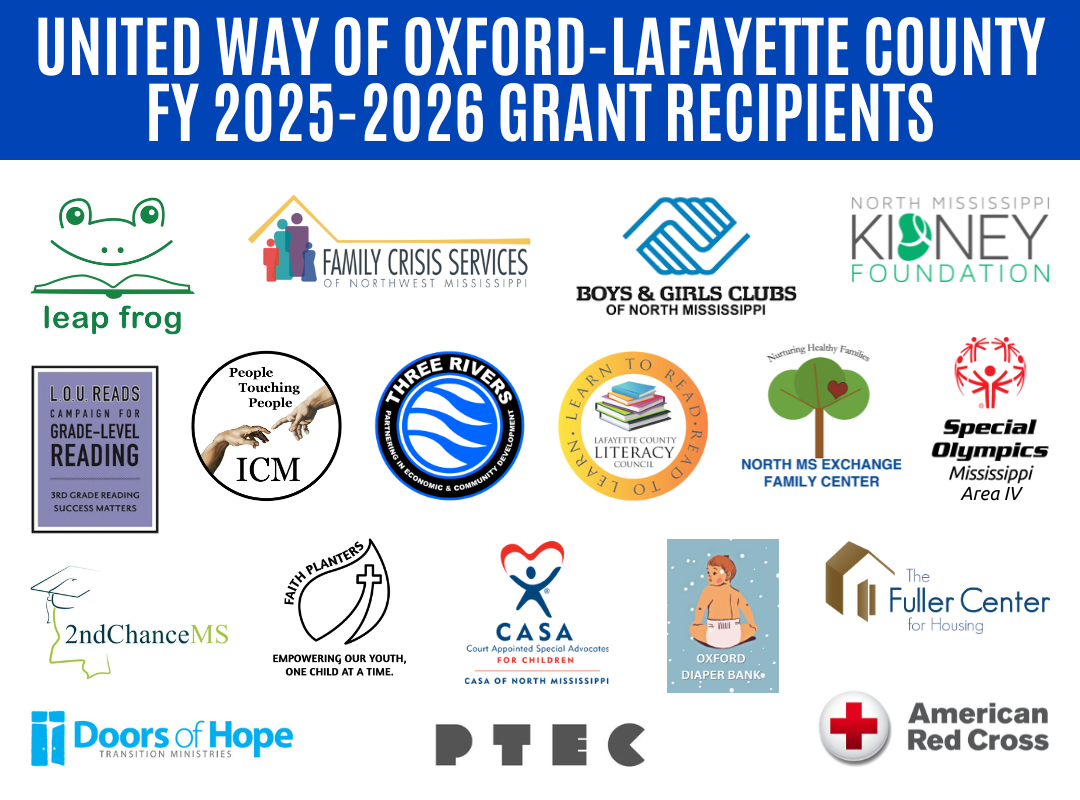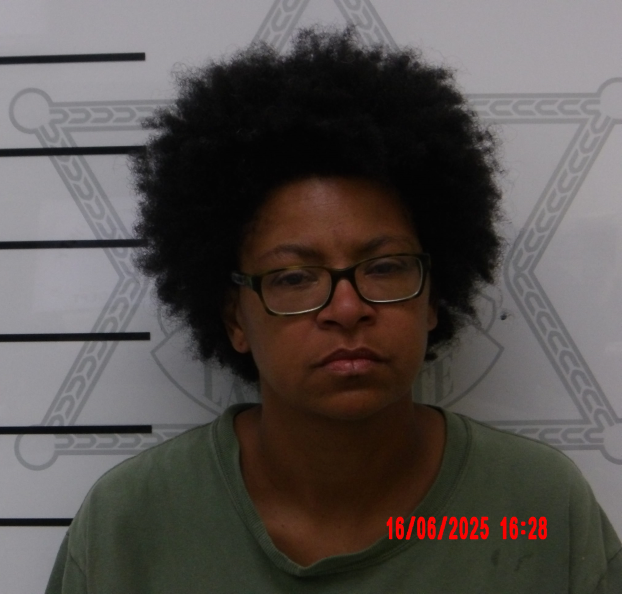Hispanic Heritage Month underway at UM
Published 10:40 am Tuesday, September 20, 2016
The University of Mississippi will present five contemporary films from Spanish-speaking countries and conduct panel discussions and a “Latin Dancing with The Stars,” among other events, to celebrate Hispanic Heritage Month on campus.
The second installment of the “Hispanic Heritage Series,” the featured films all have English subtitles. The screenings are slated for Room 200 of the FedEx Student Athlete Academic Support Center, and all are free and open to the public.
“This series aims to promote an understanding of our global community,” said Carmen Sánchez, a UM modern languages instructor and one of the event’s organizers.
The group is pleased to offer opportunities to view these films “that would otherwise not be available to our community,” said Irene Kaufmann, UM lecturer in Spanish
The following Hispanic Heritage Month events are scheduled on campus in September:
• Thursday, noon, Student Union Plaza – “Latin Dancing With The Stars” and “Union Unplugged.” At 5:30 p.m. in Bryant Hall, Room 209, a discussion titled “What Does Columbus Day Mean Now?” will cover the history of Columbian commemorations in the United States and the development of Hispanic Heritage Month.
• Friday, noon, Lamar Hall, Room 555 – “Spanglish Reflections & Nuyorican Dreams: Latinos in the U.S. South.” This self-reflective talk features documentary photography that will take the audience on a cultural journey.
• Sept. 29, 6 p.m. – “Chico Y Rita” (“Chico and Rita”), directed by Fernando Trueba, Javier Mariscal and Tono Errando. This animated film features Cuban music and American jazz. Oscar-winning director Fernando Trueba (“The Age of Beauty”) and famous Barcelona designer and artist Javier Mariscal have teamed up to make an animated love story that features the music, culture and people of Cuba. Chico is a dashing piano player and Rita is an enchanting and beautiful Havana nightclub singer. An epic romance unfolds as the pair travels the glamorous stages of 1940s and ‘50s Havana, New York City, Las Vegas, Hollywood and Paris.
Organizers hope to build on last year’s success, said Diane E. Marting, associate professor of modern languages.
“After our success last year, we wanted to bring more films to campus,” Marting said. “There is such a diversity of peoples and cultures in Spanish America, and in these films one can see a little bit of that variety.”





